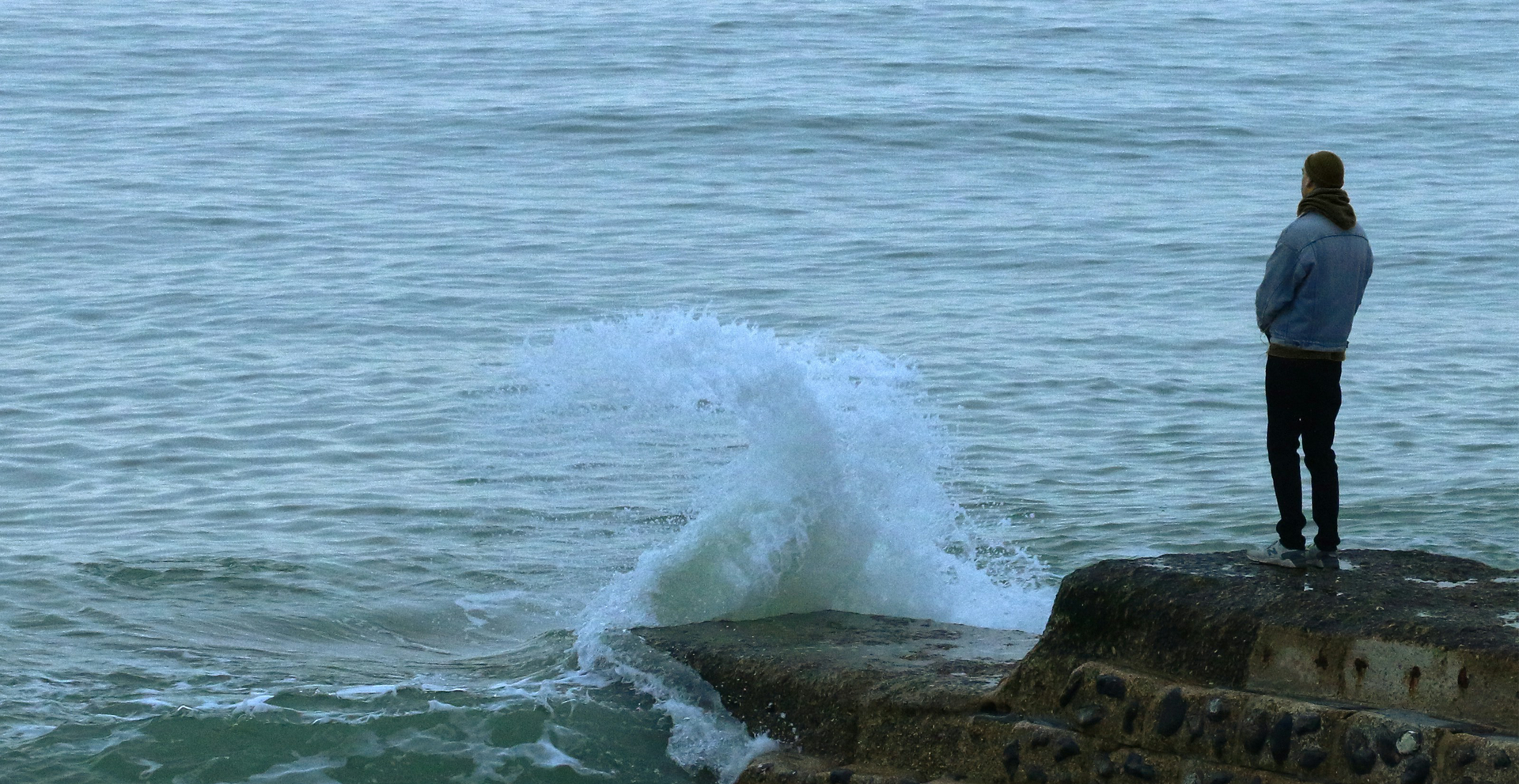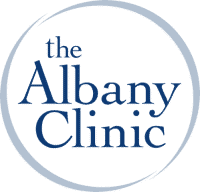8 PTSD Activities To Help Adults Healing From Trauma

The Albany Clinic • April 22, 2024
Living with PTSD can feel overwhelming, but there are various activities that can help manage symptoms and promote healing. Embracing play, journaling, art, music, gardening, and mindfulness can offer numerous ways to support mental health and well-being for individuals struggling with trauma.
In this blog post, we will explore some of the best PTSD activities for adults that can aid in the recovery process.
#1 - Distracting Yourself Through Play
In the toolkit for managing PTSD, the power of play stands out as a uniquely effective distraction technique. Engaging in playful activities such as immersing oneself in a game, delving into an adult coloring book, or losing oneself in the virtual world of a video game can provide a much-needed respite from intrusive thoughts and stress.
According to research, distraction techniques, including those involving play elements, can regulate emotional states, offering insights into the neural dynamics involved in emotional regulation.
By directing attention away from distressing thoughts and toward activities that are engaging and enjoyable, individuals coping with PTSD can find temporary relief, facilitating a state of calmness and reducing the intensity of emotional responses.
The simplicity and accessibility of play-based activities make them a valuable addition to a comprehensive approach to managing PTSD symptoms, providing a playful yet potent means to enhance emotional well-being.
#2 – Embrace the Therapeutic Power of Journaling
Journaling is a remarkable therapeutic activity for those navigating the complexities of PTSD. This simple yet profound act allows individuals to articulate their innermost thoughts and emotions, creating a reflective dialogue within the safe confines of the written word.
Engaging in a regular journaling practice can lead to a deeper understanding of personal experiences and feelings, offering a unique pathway to navigate the healing process.
The act of journaling encourages a structured exploration of thoughts, which can be particularly beneficial in identifying patterns related to trauma, including triggers and coping mechanisms. Such insights can become invaluable tools in the journey toward recovery.
Additionally, journaling can serve as an emotional release, providing an outlet for the pent-up feelings that often accompany PTSD. This release can have a cathartic effect, reducing the intensity of emotions tied to traumatic memories.
Through consistent journaling, individuals may also witness their progress over time, which can bolster self-confidence and reinforce the efficacy of coping strategies. Encouraging this practice within a supportive therapeutic framework amplifies its benefits, helping to weave the narrative thread of one's recovery journey.
#3 - Heal Through Artistic Expression
Art therapy provides a powerful avenue for individuals grappling with PTSD to explore emotions, confront traumatic experiences, and heal creatively.
This mode of expression doesn't rely on verbal communication, making it especially appealing for those struggling to articulate their feelings and experiences. Art therapy facilitates a non-verbal dialogue between the creator and their internal world through mediums such as painting, sketching, or clay work. It offers a unique pathway to uncover and process deep-seated emotions.
Creating art can also lead to a meditative state. Focusing on the task at hand promotes mindfulness and a temporary reprieve from persistent intrusive thoughts.
Additionally, art therapy can bolster self-esteem and provide a sense of accomplishment. Seeing one's thoughts, emotions, and experiences represented visually can validate personal feelings and promote understanding in ways that words alone may not achieve.
Art activities can also enhance connection with others through group sessions or sharing one's creations with friends and family, fostering a sense of community and support critical for recovery.
#4 - Plant Healing Roots with Gardening
This activity strengthens the body through physical work and promotes emotional healing by instilling a sense of calm, achievement, and connection to the earth.
Gardening, a trauma activity for adults, presents a unique opportunity to cultivate resilience and find solace in the simple yet profound act of growing life.
#5 - Practice Mindfulness When Managing PTSD
Mindfulness, a practice centered on being fully engaged in the present moment and accepting it without judgment, emerges as a critical technique for those coping with PTSD.
This approach helps individuals develop a keen awareness of their thoughts, emotions, and bodily sensations in real time, fostering an environment where healing can begin.
Through mindfulness practices such as meditation, focused breathing, and mindful observation, individuals learn to acknowledge and accept their experiences without being overwhelmed. This heightened sense of awareness can relieve some of the intensity of PTSD symptoms, as it trains the mind to respond to stressors and triggers in a more balanced and controlled manner.
Implementing daily mindfulness practices can lead to a greater sense of control over one's emotional responses, enhancing overall emotional regulation. This sense of control, in turn, can contribute to a reduction in the frequency and severity of PTSD episodes, offering a peaceful and empowering tool for individuals on their path to recovery.
#6 - Embracing the Calm with Tai Chi
Tai chi, an ancient Chinese martial art known for its health benefits, offers a unique blend of physical activity and meditative focus ideal for individuals coping with PTSD. Characterized by its slow, flowing movements, tai chi is an effective means to ease the mind and gently engage the body.
Practitioners of tai chi often report a significant decrease in their levels of stress and anxiety, attributes that make it particularly beneficial for those with PTSD. The practice encourages mindfulness as participants move with intention and focus on breathing, creating a bridge to a calmer state of mind.
The rhythmic nature of tai chi movements aids in establishing a tranquil mental space, allowing for moments of peace amidst the turbulence of daily life. This activity not only fosters mental and emotional balance but also contributes to physical strength and flexibility, offering a holistic approach to managing PTSD symptoms.
As individuals dedicate time to tai chi, they may find a noticeable improvement in their ability to handle stress, a crucial step towards healing and recovery from trauma.

#7 – Tune Into Music Therapy
Music therapy harnesses the transformative power of music to facilitate emotional expression, promote relaxation, and build a sense of community among individuals coping with trauma.
By engaging in music therapy, adults with PTSD can explore a unique avenue for processing their experiences through rhythm, melody, and harmony. The structured yet flexible nature of music therapy allows for personalization and adaptation to fit each participant's specific needs and preferences.
It encourages not just emotional release but also cognitive and social engagement—critical components in the holistic treatment of PTSD. The therapeutic benefits of music extend beyond immediate symptom relief, contributing to long-term resilience and well-being.
As part of a comprehensive treatment plan, music therapy can offer a supportive and creative environment for individuals to find their voice, reclaim their sense of agency, and experience joy and connection, paving the way for profound healing and recovery.
#8 - Integrate Clinical Treatments with Trauma Activities for Adults
Incorporating PTSD activities such as tai chi, journaling, art therapy, gardening, and mindfulness into one's daily life can offer significant benefits in managing symptoms of PTSD. However, these activities are most effective when used alongside professional medical interventions.
The Albany Clinic provides innovative PTSD treatments, including Stellate Ganglion Block and Ketamine Infusion Therapy, which have shown clinical effectiveness in reducing the symptoms of PTSD and the risk of suicidal ideation.
When these advanced medical treatments are combined with supportive PTSD activities, patients can experience a more comprehensive approach to healing. This holistic method enhances not only the physical aspects of recovery but also addresses the emotional and psychological facets of PTSD.
By engaging in both clinical treatments and therapeutic activities, adults coping with PTSD symptoms can work toward rebuilding their sense of control and improving their quality of life. It is this integrated approach that underscores the importance of a multifaceted treatment plan, personalized to meet the unique needs of everyone navigating the path to recovery from trauma.
Seek PTSD Treatment at The Albany Clinic Today
Navigating the journey of recovery from PTSD demands comprehensive support and targeted interventions tailored to your unique experiences and challenges. At the Albany Clinic, we understand the complexities of PTSD and offer state-of-the-art treatments that are designed to alleviate symptoms and foster resilience.
With the right combination of clinical interventions and supportive activities, we believe that recovery is within reach for everyone. Contact the Albany Clinic for personalized care that reflects your needs. Let us be a part of your journey to a brighter, healthier future.
The Albany Clinic in Carbondale Illinois invites you to
reach out for expert guidance and support on your journey towards healing and stability. We offer Spravato® treatment as well as traditional ketamine infusion, TMS therapy, and other services to help with depression and PTSD.
35 Albany Rd. Suite A Carbondale, IL 62903
Phone: (888) 804-4330






